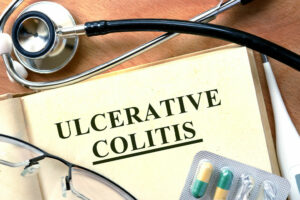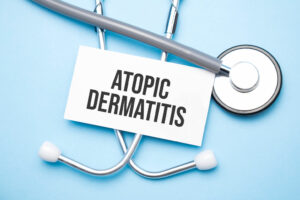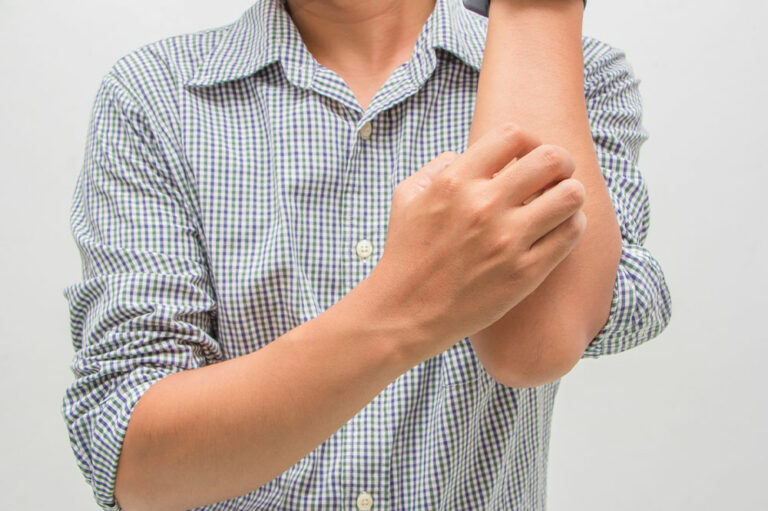In the global fight against COVID-19, mRNA vaccines have played an important role in curbing the virus’s spread. However, some individuals have experienced adverse reactions to these vaccines, prompting the exploration of alternatives. Novavax, a protein subunit vaccine, has emerged as a potential choice for those seeking an alternative. It’s important to learn how it differs from mRNA vaccines, its safety profile, efficacy, and whether it can be a better option for those affected.
Understanding Novavax: A protein subunit vaccine
Before delving into Novavax’s potential as an alternative, it’s essential to comprehend the fundamental principles of this vaccine platform. Novavax, developed by the biotechnology company Novavax Inc., operates on a protein subunit approach. Unlike mRNA vaccines, which introduce a fragment of the virus’s genetic material into the body, Novavax delivers a harmless piece of the virus’s surface protein.
In the context of COVID-19, this surface protein is none other than the spike protein located on the virus’s outer shell. By presenting this protein to the immune system, Novavax triggers the production of antibodies that specifically target the spike protein. This immune response prepares the body to recognize and neutralize the virus if encountered.
How is Novavax different from mRNA vaccines?
Composition
The most significant distinction between Novavax and mRNA vaccines lies in their composition. mRNA vaccines employ a small segment of the virus’s genetic material (mRNA) to instruct cells to produce the spike protein. In contrast, Novavax delivers the spike protein itself, eliminating the need for the body to generate it.
Storage
Novavax boasts a considerable advantage in terms of storage and transport compared to mRNA vaccines. mRNA vaccines necessitate ultra-low temperatures for prolonged storage, whereas Novavax remains stable at standard refrigerator temperatures. This characteristic simplifies distribution and administration, particularly in regions with limited access to specialized cold storage facilities.
Incorporation of adjuvants
Novavax incorporates adjuvants, substances that enhance the body’s immune response. These adjuvants contribute to a robust and prolonged immune reaction, potentially leading to stronger and longer-lasting protection. mRNA vaccines, conversely, do not contain adjuvants, as they rely on the body’s natural immune response triggered by the spike protein produced within cells.
The safety profile
One of the primary motivations for considering Novavax as an alternative stems from its safety profile. Adverse reactions to mRNA vaccines have encompassed mild symptoms like discomfort in the area where the vaccine was introduced, fatigue, and fever. In rarer instances, severe allergic reactions, known as anaphylaxis, have occurred, although such cases remain exceedingly uncommon.
Clinical trials of Novavax have shown similar mild side effects, such as pain in the area where the vaccine was introduced, muscle discomfort, and fatigue. However, severe allergic reactions have been exceedingly rare with protein subunit vaccines. This disparity in side effect profiles may make Novavax a more appealing option for individuals with a history of adverse reactions to mRNA vaccines.
Effectiveness and efficacy
Novavax has demonstrated promising results in clinical trials, with efficacy rates comparable to mRNA vaccines. Its effectiveness in preventing COVID-19 infection, especially in severe cases, has led to its authorization for emergency use in various countries. The effectiveness of a vaccine hinges on its ability to prevent infection and reduce the severity of the disease. Novavax has shown impressive performance, offering protection against the virus and its variants.
Factors to consider when opting for a vaccine
While Novavax presents itself as a compelling alternative for those who’ve experienced adverse reactions to mRNA vaccines, several critical factors must be considered:
Individual health history
It is best to consult a healthcare professional who can assess one’s specific medical history and risk factors. Healthcare providers can provide personalized guidance on vaccine choices, considering factors like allergies and prior adverse reactions.
Vaccine availability
The availability of specific vaccines can vary by region and country. To make an informed choice, individuals should check with local health authorities regarding vaccine options. Governments and healthcare systems often prioritize specific vaccines based on safety, efficacy, and supply.
Timing and urgency
The urgency of vaccination may influence one’s choice. Some individuals may prioritize receiving any available vaccine promptly, while others may have the flexibility to choose based on their medical history. It’s crucial to consider one’s risk of COVID-19 exposure and the prevalence of variants in the area.
Regulatory approval
Ensure that Novavax or any alternative vaccine is authorized for use in one’s region and complies with local health guidelines. Regulatory agencies meticulously review safety and efficacy data before granting authorization.
Monitoring and reporting
Irrespective of the chosen vaccine, it is imperative to report any adverse reactions to healthcare providers and relevant health authorities. Robust reporting mechanisms contribute to the ongoing safety monitoring efforts. This information contributes to a better understanding of vaccine safety.
Ways to enhance immunity against new age viruses
In addition to considering alternative vaccines, bolstering one’s immune system is vital in combating new-age viruses. Here are some general measures to enhance immunity:
Vaccination
Vaccination is the most effective way to protect against infectious diseases. Staying up-to-date with recommended vaccines, including booster shots when applicable, can provide vital immunity.
Healthy lifestyle
Adopting a balanced meal plan, regular physical activity, managing stress, and getting adequate sleep are essential to a healthy lifestyle. These practices contribute to overall well-being and a robust immune system.
Supplements
Certain supplements, such as vitamin D, C, and zinc, have been associated with immune support. Consult a healthcare professional before including supplements in one’s routine.
Hygiene
Practicing good hygiene, including frequent handwashing, can reduce the risk of viral infections. Proper hand hygiene is especially critical during outbreaks of contagious diseases.
Staying informed
Staying informed about the latest developments in public health, including vaccination recommendations and disease outbreaks, allows individuals to make informed decisions about their health.
Conclusion
Novavax represents a promising alternative to mRNA vaccines, particularly for individuals with a history of adverse reactions. Its protein subunit approach, different side effect profile, and comparable effectiveness make it a viable choice for COVID-19 vaccination. However, the decision to receive any vaccine should be made in consultation with a healthcare professional, considering individual medical history and local vaccine availability. The primary goal remains consistent: achieving widespread vaccination to curb the spread of COVID-19 and protect public health.
Sources:
https://www.cdc.gov/nccdphp/dnpao/features/enhance-immunity/index.html
https://www.houstonmethodist.org/blog/articles/2020/mar/5-ways-to-boost-your-immune-system/
https://publichealth.jhu.edu/2022/what-you-need-to-know-about-the-novavax-protein-based-vaccine
https://www.yalemedicine.org/news/novavax-covid-vaccine
https://www.aarp.org/health/conditions-treatments/info-2022/novavax-vaccine.html

















